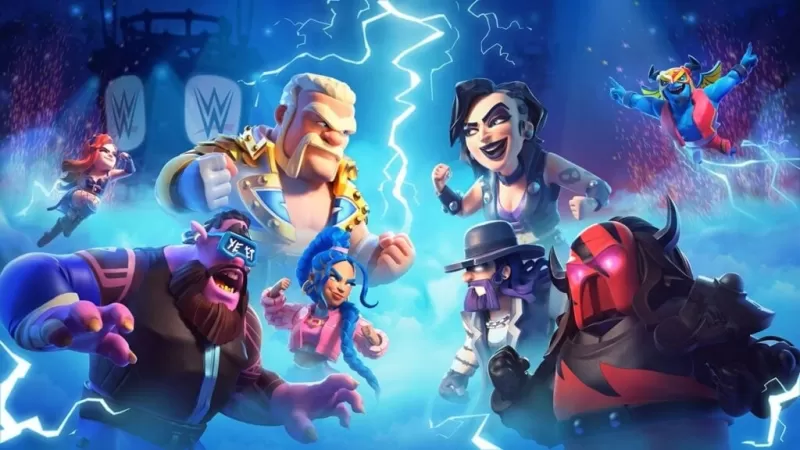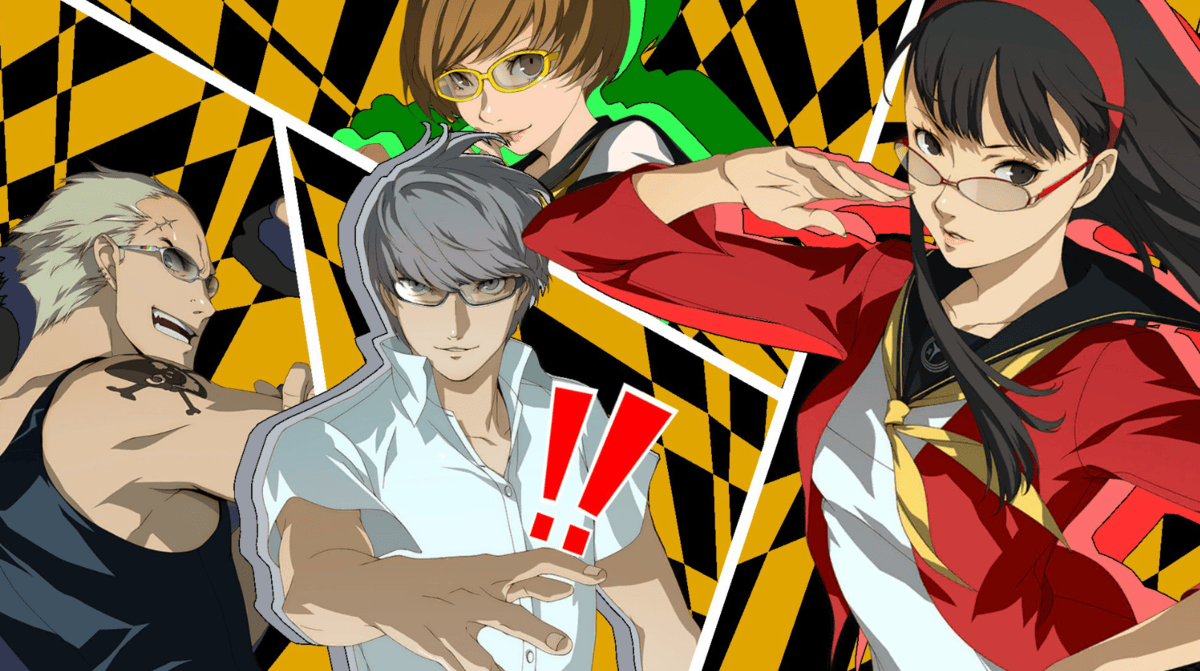by Zoey Apr 15,2025
The Screen Actors Guild - American Federation of Television and Radio Artists (SAG-AFTRA) has provided its members with an update on the ongoing negotiations regarding AI protections for video game actors. While some progress has been made, the guild acknowledges that it remains "frustratingly far apart" from the video game industry bargaining group on several crucial issues.
SAG-AFTRA has released a detailed chart to illustrate the disparities between its proposals and those of the bargaining group, which includes representatives from major AAA gaming companies. Key points of contention include:
Despite these unresolved issues, the chart indicates that tentative agreements have been reached on several other points, including bonus pay, dispute resolution, certain minimum compensation elements, consent requirements, and some disclosures to performers. However, SAG-AFTRA's letter to members expresses concern that the bargaining employers are misrepresenting the proximity to a deal, as the guild believes significant gaps remain.
SAG-AFTRA's national executive director and chief negotiator, Duncan Crabtree-Ireland, emphasized the ongoing impact of the strike on employers, who are feeling pressure as projects move through production without the participation of striking members. He warned members against taking roles that could undermine the strike and expose them to AI misuse without protections.
In response, Audrey Cooling, spokesperson for the video game industry bargaining group, stated that they have offered a deal with over 15% wage increases, enhanced health and safety protections, industry-leading AI terms, and additional compensation for cross-game use of performances. The group is eager to continue negotiations to reach an agreement.
The SAG-AFTRA video game strike, now in its eighth month, was triggered by disagreements over AI provisions, despite agreement on 24 out of 25 other contract proposals. The strike's effects are becoming increasingly visible, with players noting unvoiced NPCs in games like Destiny 2 and World of Warcraft. Recent incidents include SAG-AFTRA striking League of Legends after Riot's alleged attempt to circumvent the strike, and Activision recasting characters in Call of Duty: Black Ops 6 due to player feedback. Additionally, two Zenless Zone Zero voice actors discovered their replacement through the game's latest patch notes.
How to Feed Villagers in Necesse
Bitlife: How to Complete the Renaissance Challenge
Bahiti Hero Guide: Mastering the Epic Marksman in Whiteout Survival
Best Bullseye Decks in Marvel Snap
One of the most famous CoD players thinks the series is in the worst state now
How to Complete Canker in Kingdom Come Deliverance 2
Infinity Nikki: How to win at Marble King
How to Start Cars Without Keys in Project Zomboid

Clash of Clans, WWE Crossover Launches Pre-WrestleMania 41
Apr 18,2025

Monster Hunter Now Marks 1.5 Years with Special Quests, Rewards
Apr 18,2025

"Astra Yao and Evelyn's Cooking Fails in Zenless Zone Zero - Video"
Apr 18,2025

Persona 4 Remake Rumors: Will Persona 4 Reload Happen?
Apr 18,2025

Complete For Whom the Bell Tolls Guide in Kingdom Come Deliverance 2
Apr 18,2025